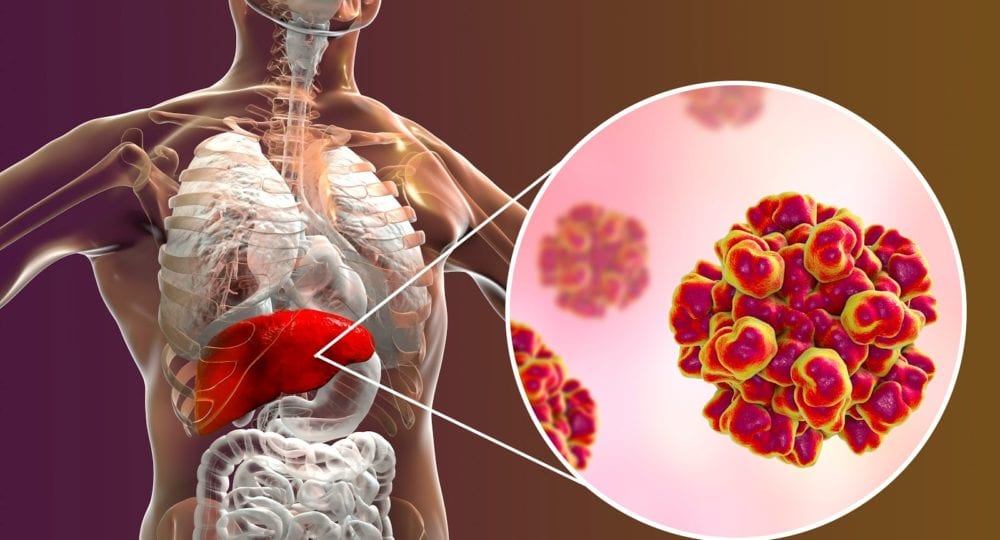October has been designated as Liver Cancer Awareness Month. There are approximately 42,000 new primary liver cancers in the U.S. annually and over 800,000 worldwide. The incidence of liver cancer has more than tripled in the U.S. since 1980 and is more common in men than women, according to the American Cancer Society.
What are the Risk Factors for developing Liver Cancer?
The American Cancer Society reports the following risk factors for Liver Cancer:
- Gender – liver cancer is more common in men than women.
- Race/Ethnicity – the highest rates of liver cancer in the U.S. are in the following race/ethnic groups:
- Asian Americans
- Pacific Islanders
- Hispanics/Latinos
- American Indians/Alaska Natives
- African Americans
- Caucasians
- Chronic Viral Hepatitis – this is a long term infection of Hepatitis B or C which can cause cirrhosis of the liver. Cirrhosis happens when liver cells become damaged and are replaced by scar tissue. This risk increases for those who have Hep B or C and also drink 6 alcoholic beverages per day.
- Inherited Metabolic Diseases – this is when patients absorb too much iron from their food which can lead to cirrhosis.
- Heavy Alcohol Use
- Tobacco Use
- Obesity
- Type 2 Diabetes
- Rare Diseases – such as: Tyrosinemia, Alpha1-antitrypsin deficiency, Prophyria cutanea tarda, Glycogen storage diseases, Wilson disease.
- Aflatoxins – this is a fungus that can contaminate peanuts, wheat, soybeans, ground nuts, corn and rice. The U.S. tests foods for levels of aflatoxins.
- Vinyl Chloride & Thorium Dioxide (Thorastat) – Vinly Chloride is used to make plastics and Thorium Dioxide is injected for certain X-ray tests. Thorostat is no longer used and Vinyl Chloride is strictly regulated.
- Anabolic Steroids – performance enhancing steroids used by athletes.
How Can You Prevent or Lower Your Risk of Developing Liver Cancer?
- Get the Hepatitis B vaccine
- Treatment for Viral Hepatitis – if infected with Hep B or C, seek treatment. Treatment for any other liver related diseases.
- Limit alcohol and tobacco use
- Healthy weight
- Limit exposure to cancer causing chemicals
What is New in Liver Cancer Research?
Visit the American Cancer Society website for the latest news on liver cancer research.





